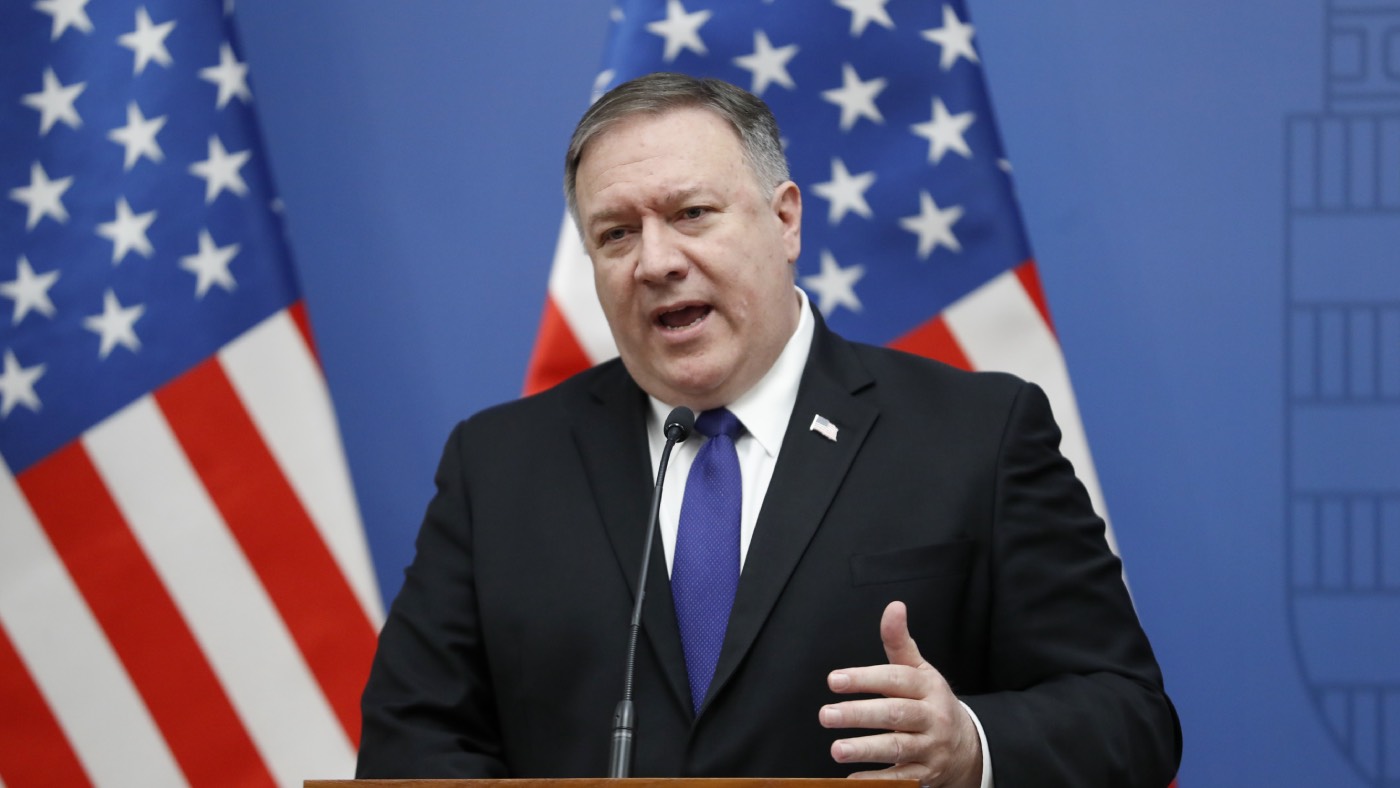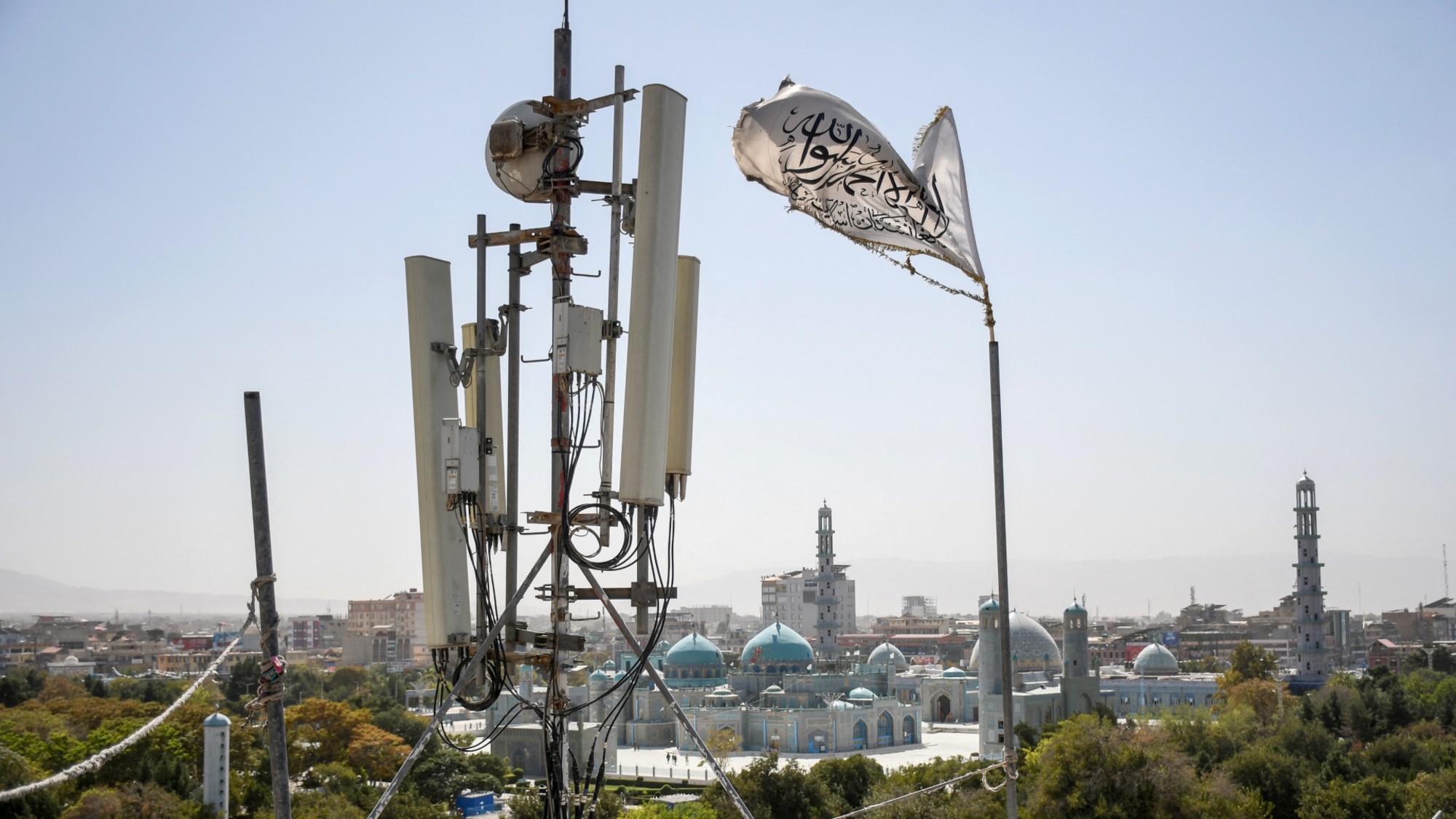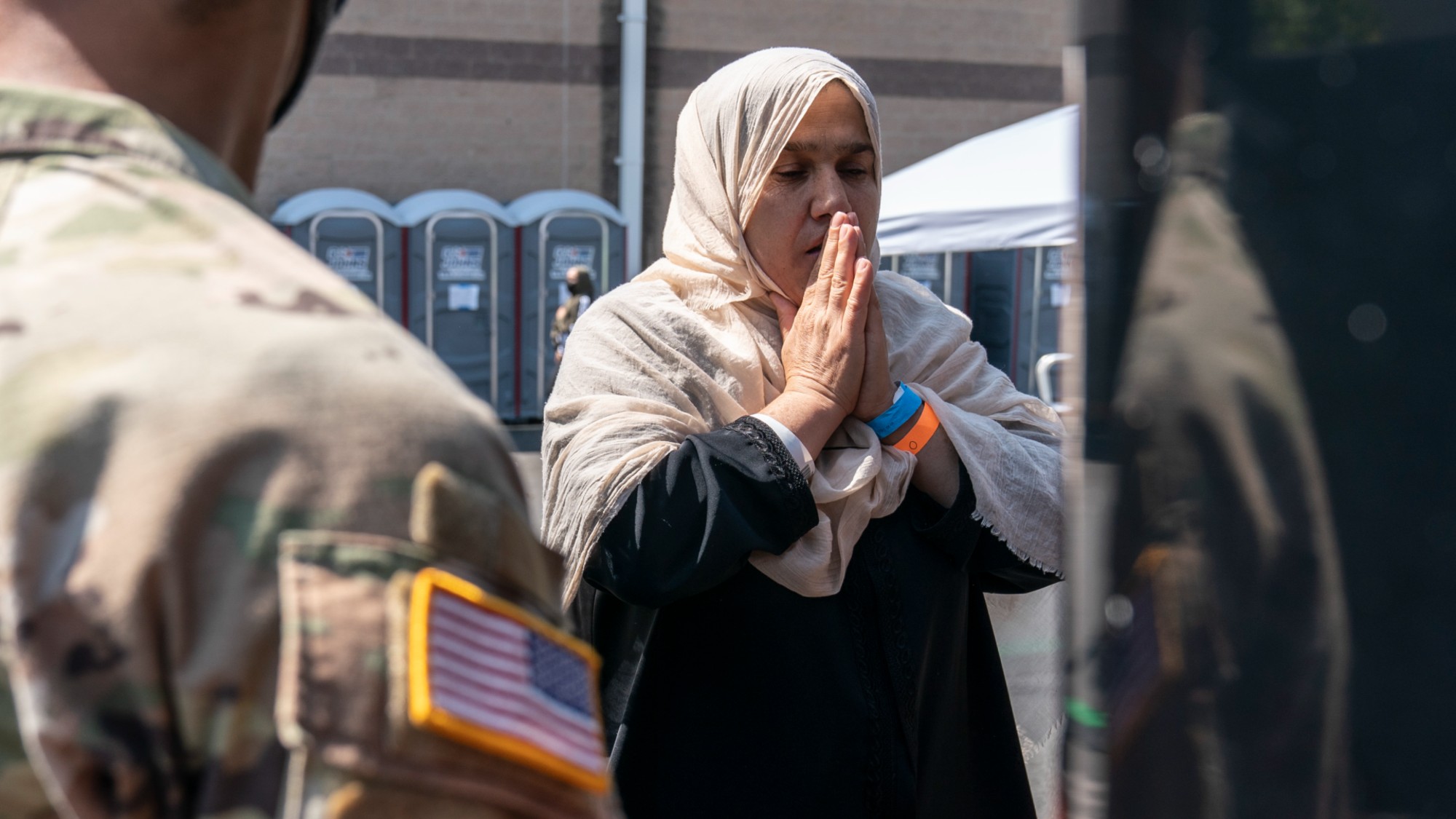Why is the US cutting $1bn aid to Afghanistan?
US blames rival Afghan leaders for stalling Taliban peace talks

A free daily email with the biggest news stories of the day – and the best features from TheWeek.com
You are now subscribed
Your newsletter sign-up was successful
The US is to cut aid to Afghanistan by $1bn (£840m) following a continued failure to agree on a unity government to take part in peace talks with the Taliban.
The US Secretary of State, Mike Pompeo, paid a surprise visit to Kabul yesterday, hoping to save an agreement signed between the Taliban and the US last month.
However, Pompeo failed to persuade Afghan President Ashraf Ghani and his political rival, Abdullah Abdullah, to agree on a deal to form a unity government and continue talks with the militant group.
The Week
Escape your echo chamber. Get the facts behind the news, plus analysis from multiple perspectives.

Sign up for The Week's Free Newsletters
From our morning news briefing to a weekly Good News Newsletter, get the best of The Week delivered directly to your inbox.
From our morning news briefing to a weekly Good News Newsletter, get the best of The Week delivered directly to your inbox.
The next step was supposed to be a prisoner swap, the BBC reports, which under the US-Taliban agreement would see some 5,000 Taliban prisoners freed by the Afghan authorities, in return for 1,000 government troops. Gahni claims he had not agreed to this.
–––––––––––––––––––––––––––––––For a round-up of the most important stories from around the world - and a concise, refreshing and balanced take on the week’s news agenda - try The Week magazine. Get your first six issues for £6–––––––––––––––––––––––––––––––
The political situation in Afghanistan is in turmoil after both Gahni and Abdullah declared themselves president following hotly disputed elections last year.
Escalating his warning, Pompeo said a further $1bn could be cut from its aid package next year, though he suggested the budget could be restored if the two politicians came to a deal.
A free daily email with the biggest news stories of the day – and the best features from TheWeek.com
In a statement described as “unusally harsh” by Time, Pompeo said Washington was “disappointed” in both men, adding that their behaviour had “harmed US-Afghan relations”.
Pompeo said that the failure to agree a deal “dishonours those Afghan, American, and coalition partners who have sacrificed their lives and treasure in the struggle to build a new future for this country”.
Nearly 3,500 members of the international coalition forces have died since the 2001 invasion, as well as an estimated 32,000 civilians.
A defiant Ghani said in a televised address yesterday that “the US reduction in aid will have no direct impact on our key sectors”, but nevertheless expressed hope that the Afghan government could try to satisfy the US “through talks and negotiations”.
However, says the BBC, the “political disunity” in Kabul has “hampered efforts to create a negotiating team and the talks with the Taliban… have yet to begin”.
-
 The Olympic timekeepers keeping the Games on track
The Olympic timekeepers keeping the Games on trackUnder the Radar Swiss watchmaking giant Omega has been at the finish line of every Olympic Games for nearly 100 years
-
 Will increasing tensions with Iran boil over into war?
Will increasing tensions with Iran boil over into war?Today’s Big Question President Donald Trump has recently been threatening the country
-
 Corruption: The spy sheikh and the president
Corruption: The spy sheikh and the presidentFeature Trump is at the center of another scandal
-
 How corrupt is the UK?
How corrupt is the UK?The Explainer Decline in standards ‘risks becoming a defining feature of our political culture’ as Britain falls to lowest ever score on global index
-
 The high street: Britain’s next political battleground?
The high street: Britain’s next political battleground?In the Spotlight Mass closure of shops and influx of organised crime are fuelling voter anger, and offer an opening for Reform UK
-
 Is a Reform-Tory pact becoming more likely?
Is a Reform-Tory pact becoming more likely?Today’s Big Question Nigel Farage’s party is ahead in the polls but still falls well short of a Commons majority, while Conservatives are still losing MPs to Reform
-
 Taking the low road: why the SNP is still standing strong
Taking the low road: why the SNP is still standing strongTalking Point Party is on track for a fifth consecutive victory in May’s Holyrood election, despite controversies and plummeting support
-
 ‘The Taliban delivers yet another brutal blow’
‘The Taliban delivers yet another brutal blow’Instant Opinion Opinion, comment and editorials of the day
-
 It is 'beyond time for us to seek bipartisan solutions' for Afghanistan
It is 'beyond time for us to seek bipartisan solutions' for AfghanistanInstant Opinion Opinion, comment and editorials of the day
-
 What difference will the 'historic' UK-Germany treaty make?
What difference will the 'historic' UK-Germany treaty make?Today's Big Question Europe's two biggest economies sign first treaty since WWII, underscoring 'triangle alliance' with France amid growing Russian threat and US distance
-
 Is the G7 still relevant?
Is the G7 still relevant?Talking Point Donald Trump's early departure cast a shadow over this week's meeting of the world's major democracies